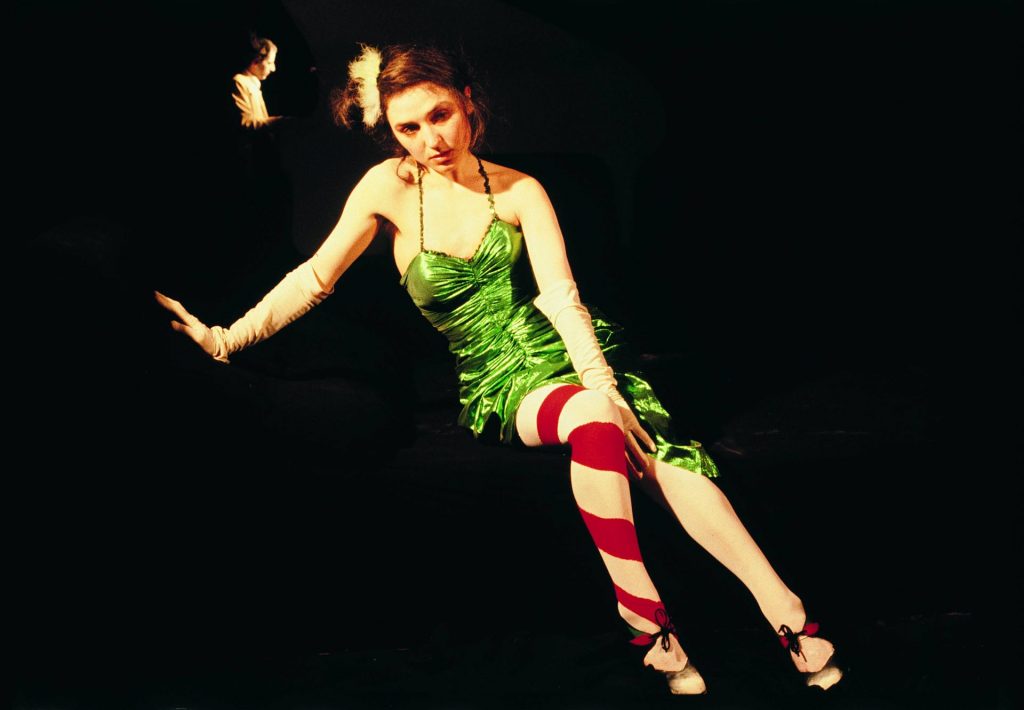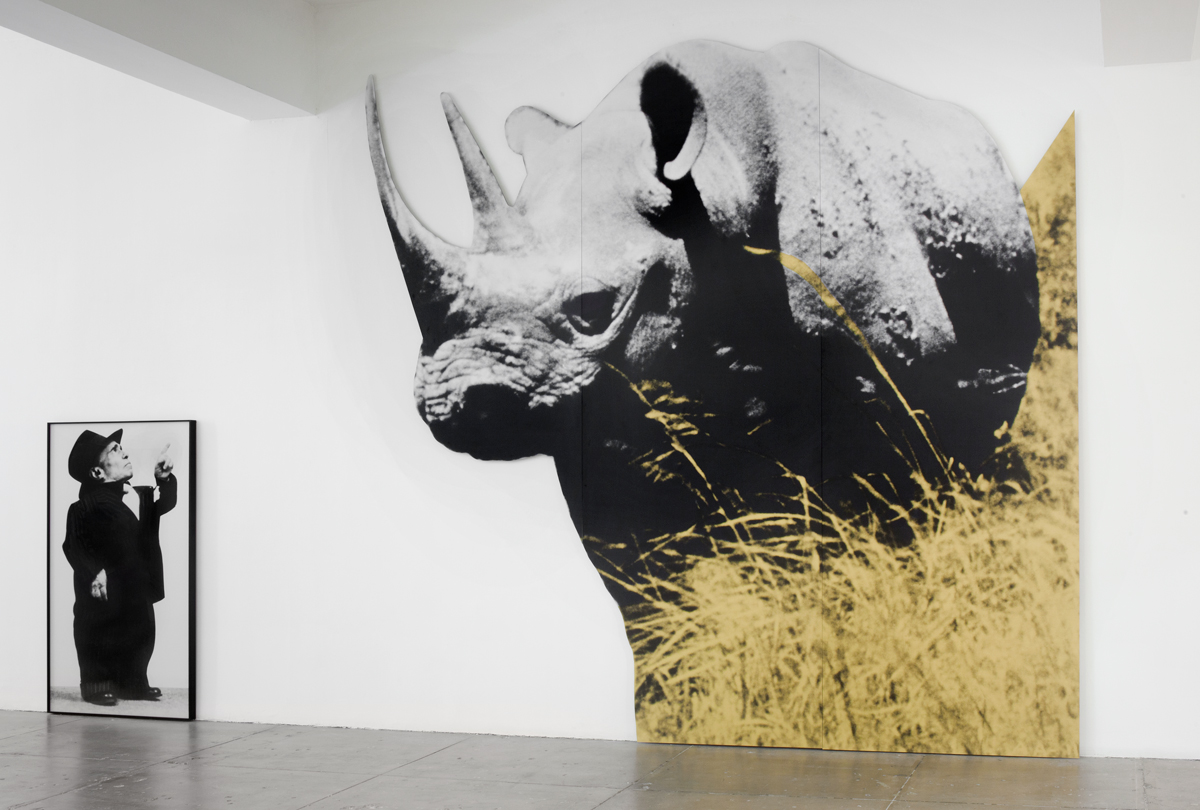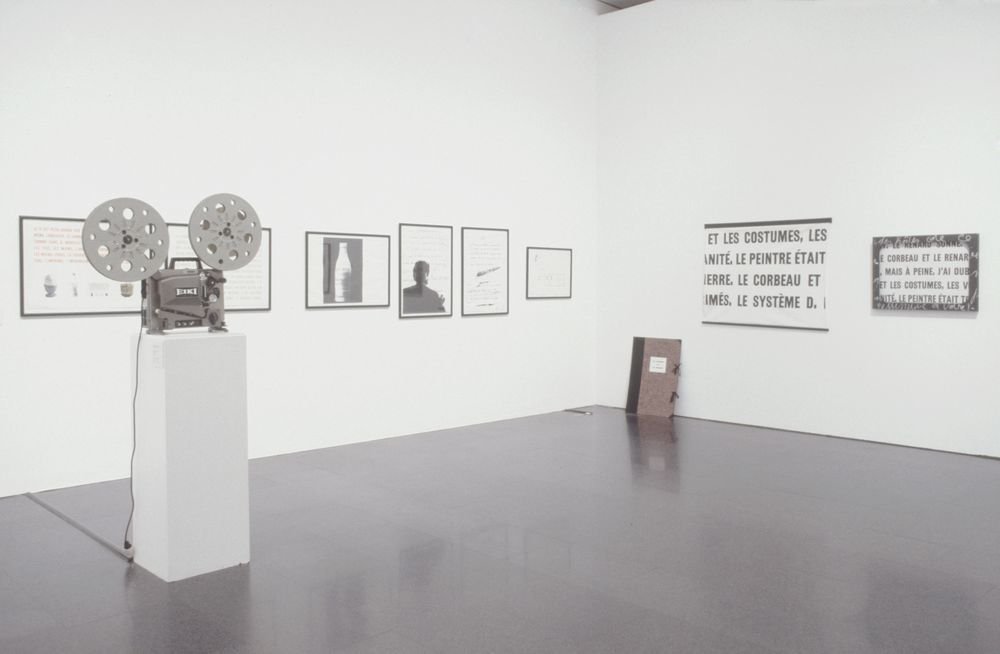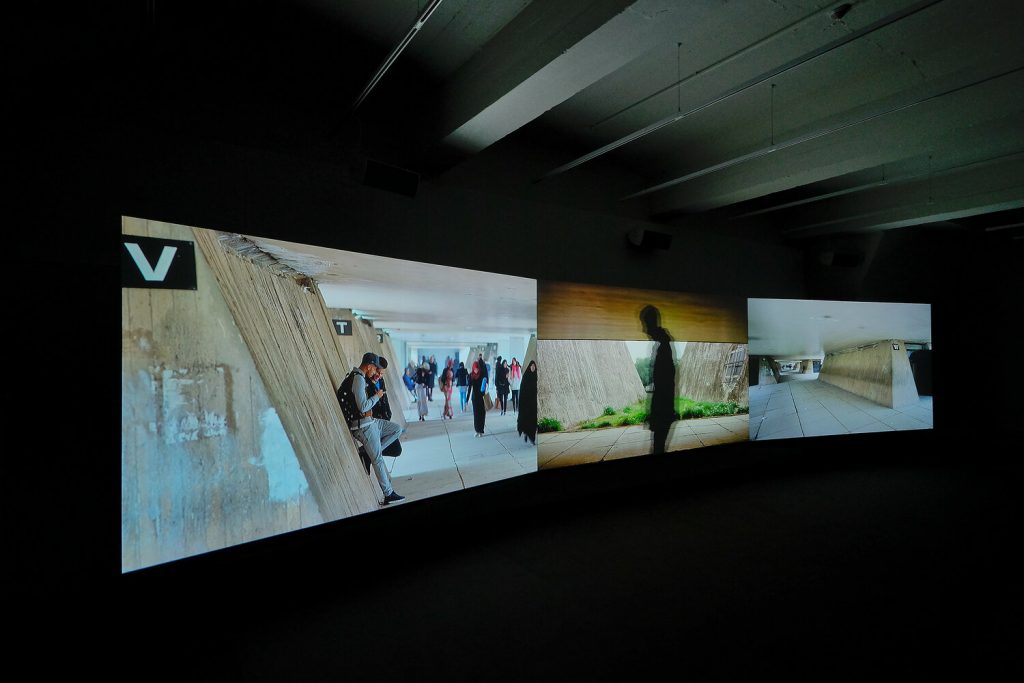So Different…and Yet, 1980
Coleman, James

Obra

Autor
Coleman, James
Any
1980
Tècnica
Videoinstalación. Vídeo monocanal, color, sonido, 54 min Interpretación de Olwen Fouéré y Roger Doyle
Any d'adquisició
2006
Tipo de objeto
Instalación
Credits
Colección MACBA. Fundación MACBA
James Coleman (Ballaghaderreen, Ireland, 1941) tackles questions that have to do with reality, perception and the importance of social stereotypes in the construction of identity. His main interest lies in the dialogue between the act of looking, the thing that is looked at, and our construction of the image. In the early seventies Coleman turned his back on painting and began working with new media (video, film, projected images, photography and pre-recorded sound) and performance, eventually specialising in multiple slide projections with synchronised audio narration. His installations are like theatrical scenes that entrap spectators in a web of impressions and tensions. In this sense, he can be linked to other artists who explore notions of theatricality in the visual arts: Gerard Byrne, Tacita Dean, Stan Douglas, Douglas Gordon, Robert Morris and Yvonne Rainer.
Coleman’s work mixes a range of genres and narrative codes, combining references to real situations from everyday life, mass culture icons and literary genres such as theatre and Irish folklore, detective fiction and romantic novels, and usually adding images from traditional painting, fashion photography and contemporary music culture. Coleman’s work explores the spectator’s point of view, not just in spatial terms, but in terms of belonging to a particular period and culture.
So Different … and Yet, 1980 was the first work in which Coleman used video as a medium. After a long period of pre-production involving several actors, the piece was finally filmed in 1980. Although it is technically a video, spectators cannot tell whether they are watching an installation or a live theatre piece. In an architectural setting that the artist changes every time it is exhibited, the work consists of a single television screen, backlit by a coloured light. In the background, a pianist (Roger Doyle, who composed and performed the music) talks in third person and plays the role of the narrator. In the foreground, a contemporary odalisque (who could be a model), wearing a bright green dress and a red ribbon wrapped around her leg, becomes the visual focus of the work. This character, played by the actress Olwen Fouéré with all of the power of the female erotic symbols in our consumer culture, parodies the way in which mass culture codes interfere in the construction of the self. A single, fifty minute shot forces spectators to confront this constant dialogue between the two characters.
The story plays with two literary genres: romance and detective fiction, which contaminate each other in an atmosphere of burlesque and puppet theatre. As in many of his works, Coleman works with the register of irony and humour, in a subtle interplay of projections and fantasies. He also adds an extra element: the Frenchified pronunciation of the two characters and the constant references to Ireland and its history, in a comical and ironic comment on national identity.




